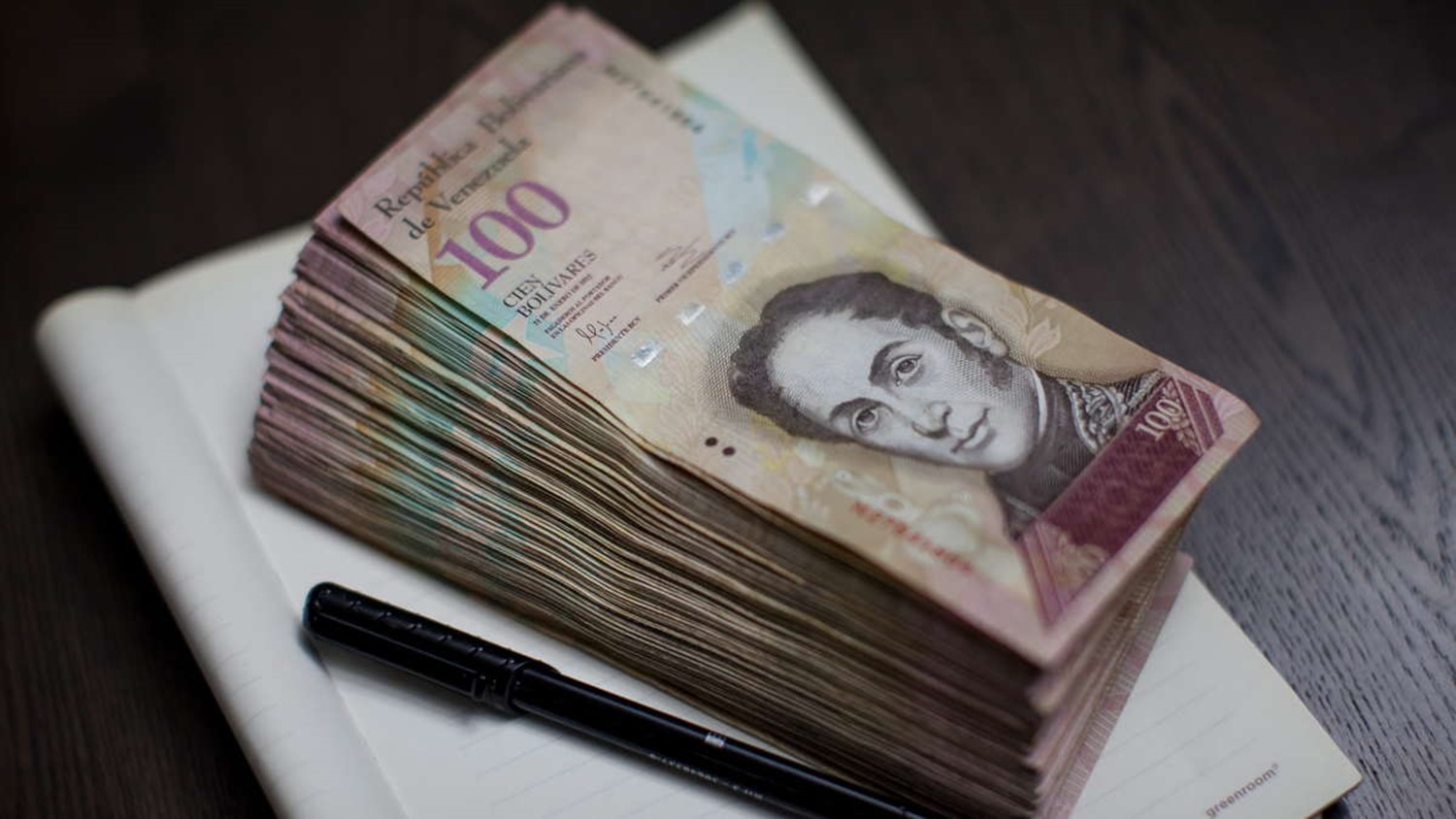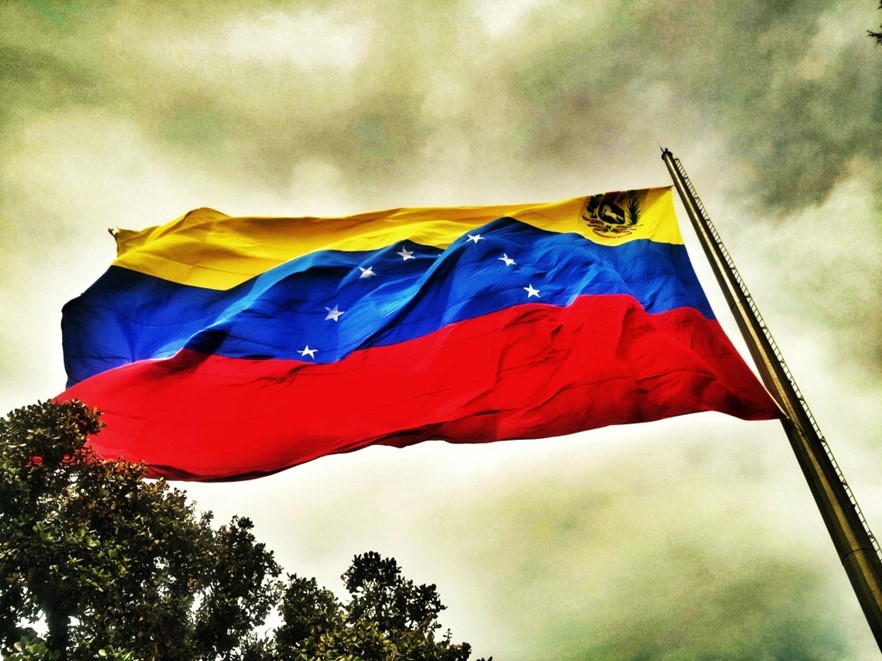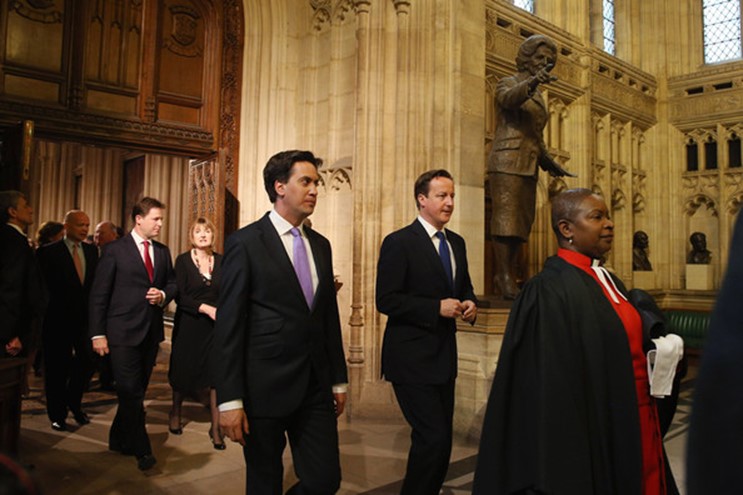Venezuela Is Too Broke To Export Oil
9:00 am in Daily Bulletin

From stories about currency to breast implants, Venezuela’s imploding economy has provided plenty of fodder for economists to pour over. Robbie Gramer wrote about the poor state of Venezuela’s oil export infrastructure:
- A fleet of Venezuelan tankers carrying 4 million barrels of oil are stranded in the Carribean.
- In order to traverse the ocean they need to undergo safety inspections and hull cleanings.
- But Venezuela is mired in debt and is struggling to afford the services required to make the tankers seaworthy.
- Ships have had to wait in the open seas for as long as two months – posing an environmental hazard – before they can sail their cargo.
Read more on Foreign Policy.









Join the Discussion! (No Signup Required)